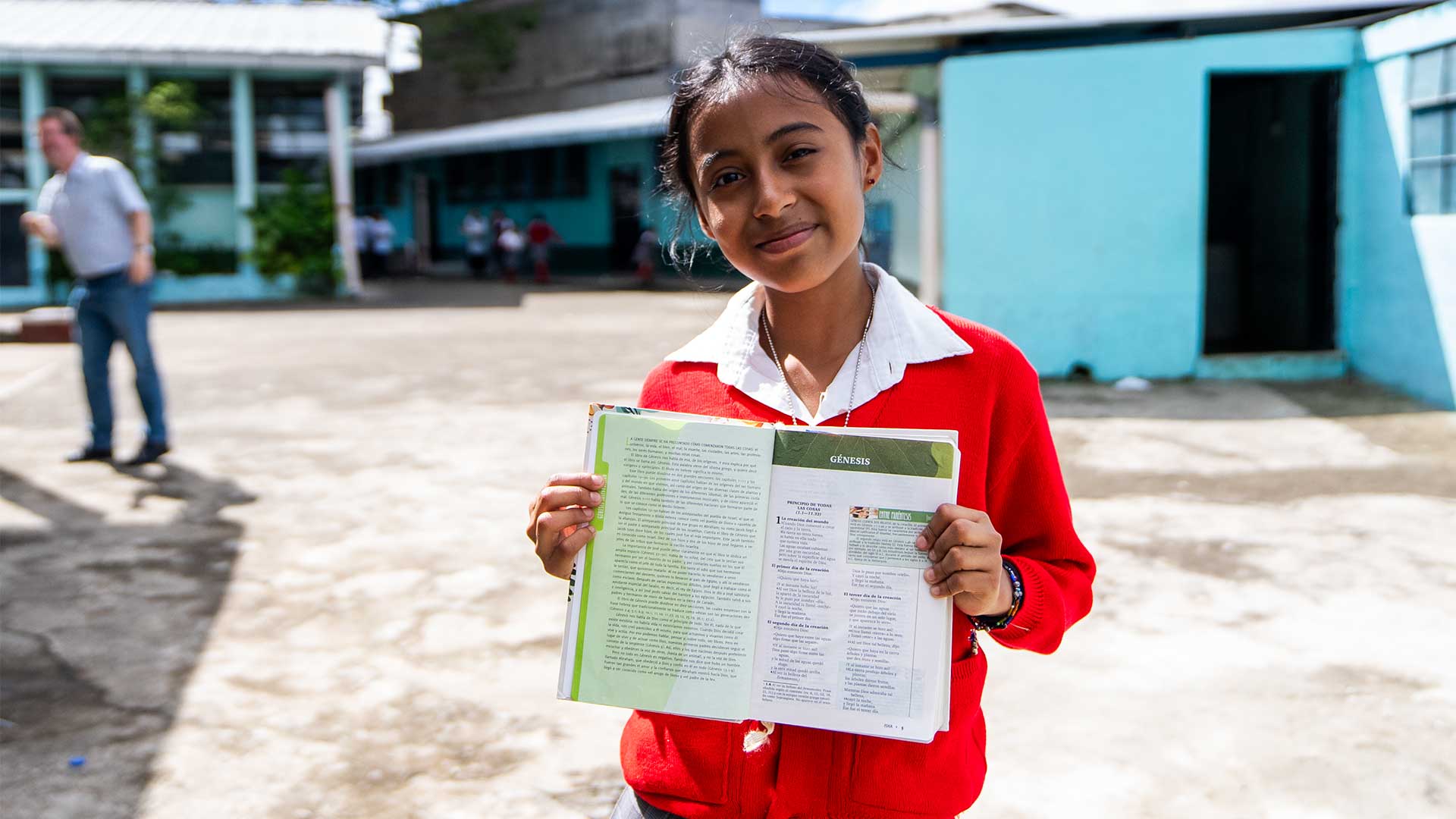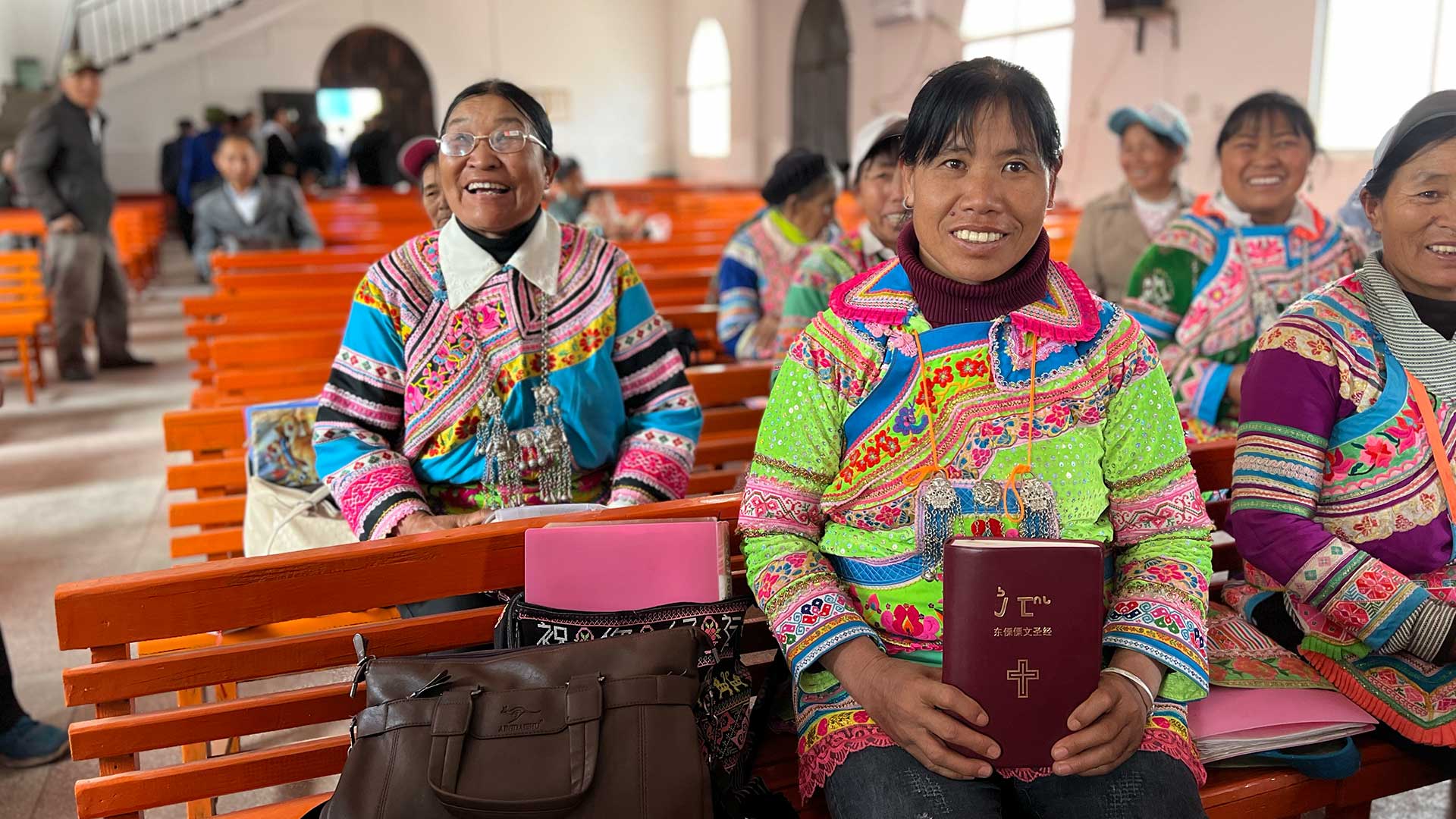Author: Paul Woolley, 20 March 2020
'God is our refuge and strength, an ever-present help in trouble.' (Psalm 46.1, NIV)
'So many people died that cities and villages in Italy … were abandoned and fell into ruin.' That’s not a comment about the impact of coronavirus, but an epidemic of smallpox that infected the Roman Empire in 165 AD. A second new and equally devastating plague, possibly measles, swept the empire less than 100 years later.
I’ve recently had cause to re-read Rodney Stark’s work The Rise of Christianity, and have been intrigued and challenged by the way Christianity spread in such a difficult context. The question is: How did this happen? Stark gives three reasons:
Firstly, Christianity offered a more satisfactory account of the world – and a better hope for the future – than the dominant pagan and Hellenic philosophies of the day.
Secondly, Christian values of love and charity not only characterised the Christian community but were ‘translated’ into social service and community solidarity. In other words, they took care of the sick and vulnerable.
Thirdly, during the epidemic people lost the 'social bonds', the peer pressure, that had previously discouraged them from rebelling against prevailing ideologies and embracing the gospel. Stark goes on to note that frequently in human history, crises produced by natural disasters have translated into crises of faith where the religion of the day is considered inadequate to the reality of people’s life-experience. In response to these failures of religion, societies often look elsewhere and adopt new faiths.
Of course, this all raises an important question: in light of coronavirus, how should Christians respond today? Inspired by those who have gone before us, perhaps I can offer three suggestions:
Firstly, we should use this period of 'social distancing' to reacquaint ourselves with the big story of the Bible. In the unfolding story of God and the world that we see in the Bible, we are presented with a robust and life-giving account of who God is, what the world is like, and what it means to be truly human. This a story of – and for – the whole world. We’ve got some great Bible Society resources that might help you get into the Bible.
Secondly, we need to 'translate' the Bible into our everyday lives. This is the translation that really counts! We need to practically live out 'love of God and neighbour'. We should follow advice for washing hands, not shaking hands, and avoiding non-essential contact and travel, and support our neighbours by offering to do shopping, collect parcels, post mail, and ensure they have someone to talk to on the phone.
Thirdly, we need to be sensitive to the fact that the current situation will unsettle people and, uninhibited by their social bonds, prompt them to think about God and the purpose of life, perhaps for the very first time, and we need to be ready for conversations about this.
In the second century, the Christian community responded to the smallpox epidemic not by being anxious or fearful, but by being courageous, prayerful, and deeply, and lovingly practical. We need to do the same, secure in the fact that 'God is our refuge and strength, an ever-present help in trouble.' (Psalm 46.1, NIV)
Share this:


A 100-year Bible dream comes true in China

Change a child's life with the Bible